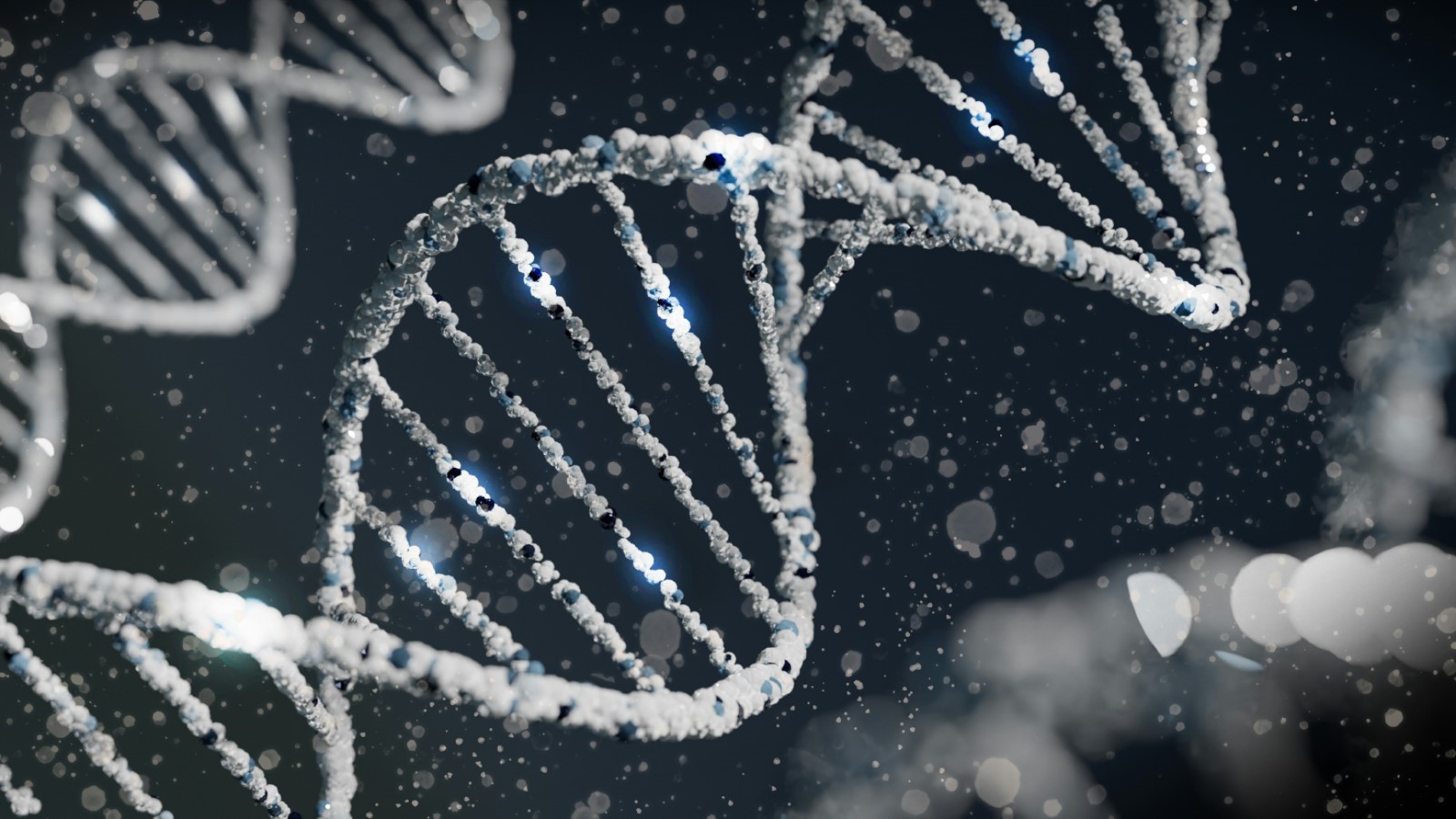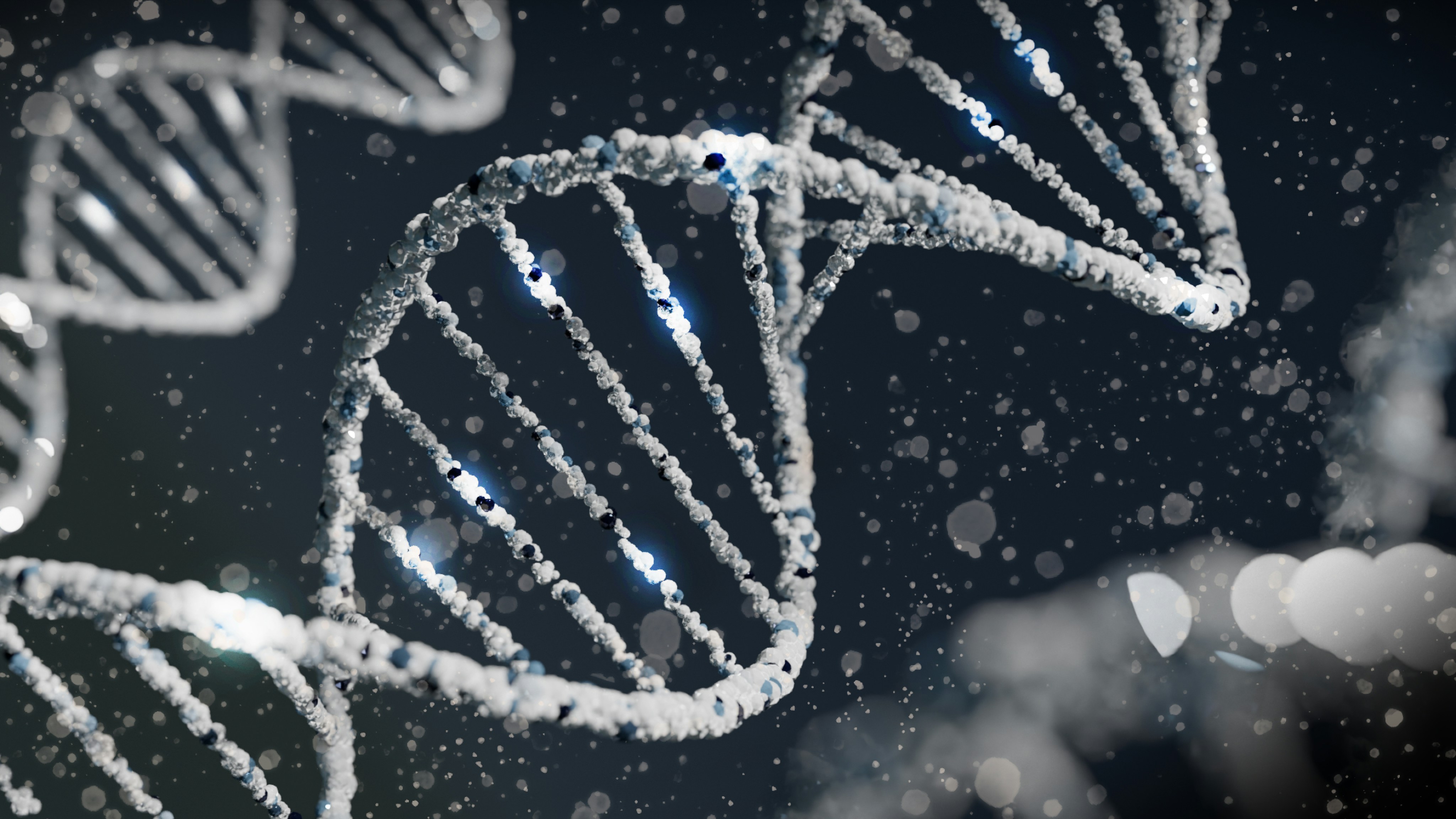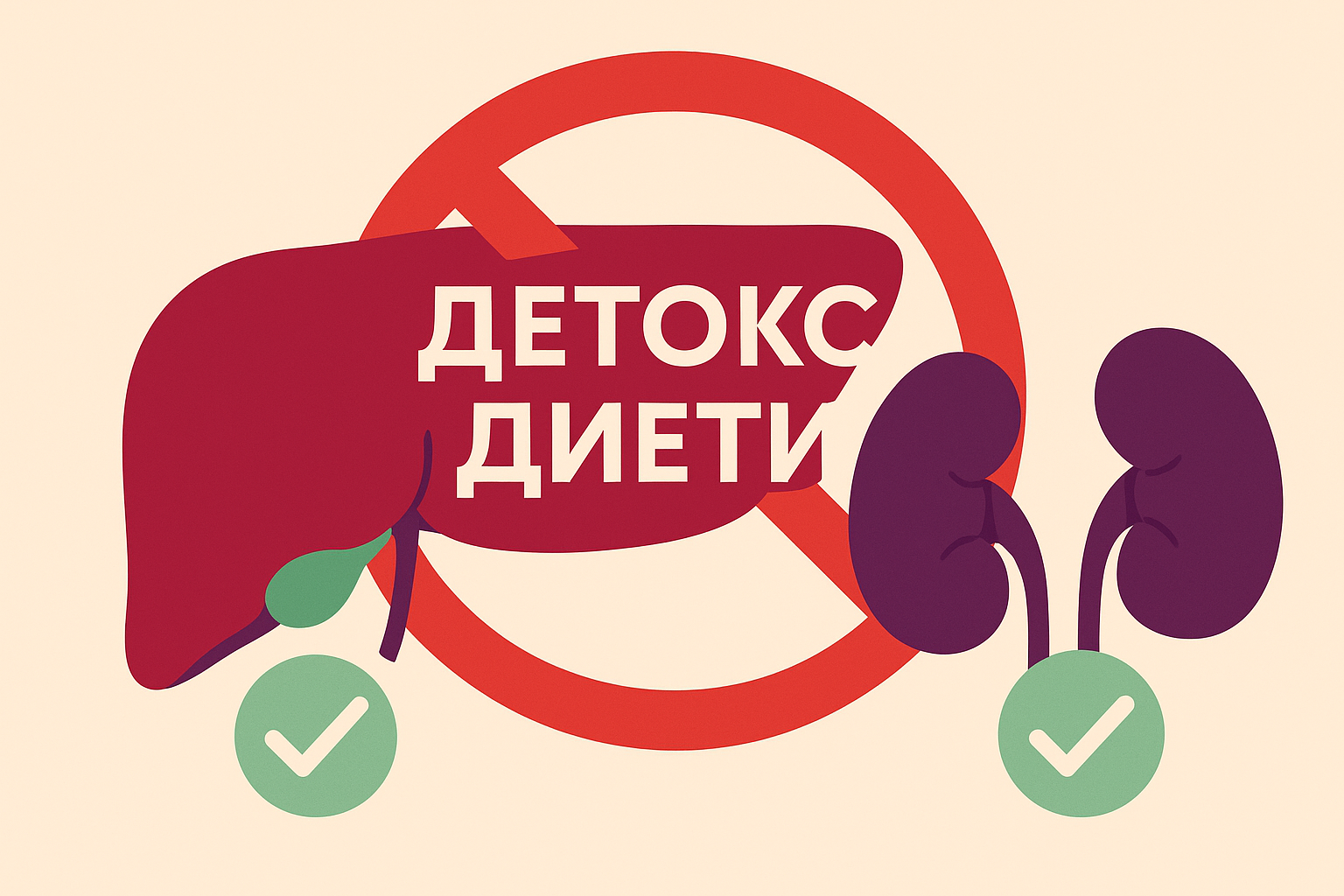Debunking Popular Health Myths
In the article below, we will look at the viewpoint of specialists, experts, and expert studies on some health myths that each of us may have heard and even greatly believes, such as for example that coffee raises blood pressure. In the following lines, we will examine this and other statements, providing factual reasons why this is not so.

Myth: “Coffee raises blood pressure” – disproven. We have often heard that coffee raises blood pressure and is often used as a means to “treat low blood pressure.” However, new data and expert opinions cast doubt on this claim. The latest research on the topic says the following – “contrary to popular belief, coffee does not raise blood pressure.” On the contrary – regular consumption of drinks containing caffeine may even protect against the development of hypertension, thanks to the polyphenols and various antioxidants contained in coffee.

Although caffeine has a short-term stimulating effect, the interaction with other substances such as theobromine (contained in coffee) leads to the opposite – more likely a balancing effect on blood pressure. Of course, sensitivity to caffeine and its components varies among different people, making its effect strictly individual. Nevertheless, scientific research should rather reassure coffee lovers that its effect is beneficial for the blood vessels and the cardiovascular system, not the opposite. So consume it with pleasure (and still in moderation).
Myth: “Gout is entirely caused by a bad lifestyle.”
Gout is often associated with a diet rich in meat and alcohol and is considered a “disease of kings,” a notion stretching from ancient times among both medical specialists and the public. This largely portrays sufferers as gluttons, suggesting that they are “to blame” for their condition themselves. A recent large-scale genetic study, however, reveals that heredity plays a much larger role in the development of gout than lifestyle before the diagnosis.

Genome data of two and a half million people were analyzed, of whom over 120 thousand were diagnosed with gout. The study identified 377 gene variations associated with the disease, 149 of which were discovered in this research and had been unknown to science before.
The interpretation of the results is as follows: gout is a chronic disease with a strong genetic basis, and the myth that unhealthy living alone causes it should be debunked because it is not based on facts.

Of course, nutrition and lifestyle also influence and can trigger attacks of the disease, but genetic predisposition determines who is at risk of developing this condition (i.e., if you do not have a genetic predisposition to develop gout, the chances remain minimal, even on a “bad diet”). This new understanding helps foster a more empathetic attitude toward patients and the development of targeted treatment for those who suffer from it.

Final thoughts
We examined how some commonly used myths, both about coffee and its impact on arterial pressure and about diseases that have plagued humanity since time immemorial, such as gout, are being broken down with the help of the latest research and large studies. The lesson, of course, is this – trust science, not everything you see and hear.
Източници:
Ungvari Z, Kunutsor SK. Coffee consumption and cardiometabolic health: a comprehensive review of the evidence. Geroscience. 2024 Dec;46(6):6473-6510. doi: 10.1007/s11357-024-01262-5. Epub 2024 Jul 4. PMID: 38963648; PMCID: PMC11493900.
Buelna-Chontal M. Coffee: Fuel for Your Day or Foe for Your Arteries. Antioxidants (Basel). 2024 Nov 27;13(12):1455. doi: 10.3390/antiox13121455. PMID: 39765784; PMCID: PMC11672806.
Trevano FQ, Vela-Bernal S, Facchetti R, Cuspidi C, Mancia G, Grassi G. Habitual coffee consumption and office, home, and ambulatory blood pressure: results of a 10-year prospective study. J Hypertens. 2024 Jun 1;42(6):1094-1100. doi: 10.1097/HJH.0000000000003709. Epub 2024 Apr 22. PMID: 38646971; PMCID: PMC11064901.
Karagöz MF, Koçyiğit E, Koçak T, Özturan Şirin A, Icer MA, Ağagündüz D, Coreta-Gomes F. Decoding coffee cardiometabolic potential: Chemical composition, nutritional, and health relationships. Compr Rev Food Sci Food Saf. 2024 Sep;23(5):e13414. doi: 10.1111/1541-4337.13414. PMID: 39137004.
Farraj A, Akeredolu T, Wijeyesekera A, Mills CE. Coffee and Cardiovascular Health: A Review of Literature. Nutrients. 2024 Dec 10;16(24):4257. doi: 10.3390/nu16244257. PMID: 39770879; PMCID: PMC11677373.
Leask MP, Crișan TO, Ji A, Matsuo H, Köttgen A, Merriman TR. The pathogenesis of gout: molecular insights from genetic, epigenomic and transcriptomic studies. Nat Rev Rheumatol. 2024 Aug;20(8):510-523. doi: 10.1038/s41584-024-01137-1. Epub 2024 Jul 11. PMID: 38992217.
Yang Y, Hu P, Zhang Q, Ma B, Chen J, Wang B, Ma J, Liu D, Hao J, Zhou X. Single-cell and genome-wide Mendelian randomization identifies causative genes for gout. Arthritis Res Ther. 2024 Jun 3;26(1):114. doi: 10.1186/s13075-024-03348-z. PMID: 38831441; PMCID: PMC11145851.
Major TJ, Takei R, Matsuo H, Leask MP, Sumpter NA, Topless RK, Shirai Y, Wang W, Cadzow MJ, Phipps-Green AJ, Li Z, Ji A, Merriman ME, Morice E, Kelley EE, Wei WH, McCormick SPA, Bixley MJ, Reynolds RJ, Saag KG, Fadason T, Golovina E, O'Sullivan JM, Stamp LK, Dalbeth N, Abhishek A, Doherty M, Roddy E, Jacobsson LTH, Kapetanovic MC, Melander O, Andrés M, Pérez-Ruiz F, Torres RJ, Radstake T, Jansen TL, Janssen M, Joosten LAB, Liu R, Gaal OI, Crişan TO, Rednic S, Kurreeman F, Huizinga TWJ, Toes R, Lioté F, Richette P, Bardin T, Ea HK, Pascart T, McCarthy GM, Helbert L, Stibůrková B, Tausche AK, Uhlig T, Vitart V, Boutin TS, Hayward C, Riches PL, Ralston SH, Campbell A, MacDonald TM; FAST Study Group; Nakayama A, Takada T, Nakatochi M, Shimizu S, Kawamura Y, Toyoda Y, Nakaoka H, Yamamoto K, Matsuo K, Shinomiya N, Ichida K; Japan Gout Genomics Consortium; Lee C; Asia Pacific Gout Consortium; Bradbury LA, Brown MA, Robinson PC, Buchanan RRC, Hill CL, Lester S, Smith MD, Rischmueller M, Choi HK, Stahl EA, Miner JN, Solomon DH, Cui J, Giacomini KM, Brackman DJ, Jorgenson EM; GlobalGout Genetics Consortium; Liu H, Susztak K; 23andMe Research Team; Shringarpure S, So A, Okada Y, Li C, Shi Y, Merriman TR. A genome-wide association analysis reveals new pathogenic pathways in gout. Nat Genet. 2024 Nov;56(11):2392-2406. doi: 10.1038/s41588-024-01921-5. Epub 2024 Oct 15. Erratum in: Nat Genet. 2024 Nov;56(11):2577. doi: 10.1038/s41588-024-02017-w. PMID: 39406924.
Ou G, Wu J, Wang S, Jiang Y, Chen Y, Kong J, Xu H, Deng L, Zhao H, Chen X, Xu L. Dietary Factors and Risk of Gout: A Two-Sample Mendelian Randomization Study. Foods. 2024 Apr 21;13(8):1269. doi: 10.3390/foods13081269. PMID: 38672942; PMCID: PMC11049247.





Comments
Anonymous
11 months agoAnonymous
11 months ago
Супер публикация :)